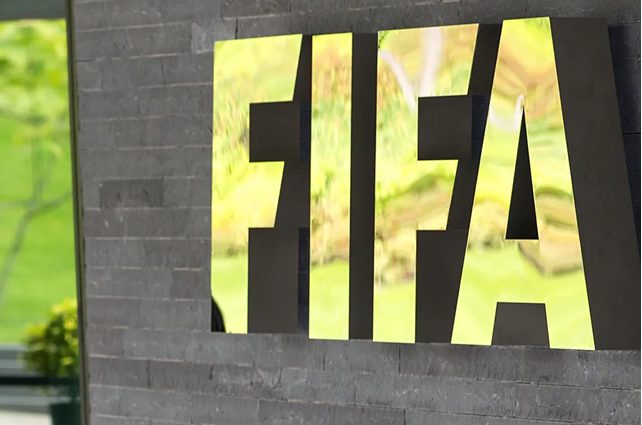The Kenyan football landscape has been marred by yet another scandal, as FIFA, the world governing body of football, handed down a severe punishment to Muhoroni Youth, a second-tier club, for their involvement in match manipulation. This decision, confirmed by the Football Kenya Federation (FKF), relegates Muhoroni Youth to the third-tier Division One League, stripping them of their place in the National Super League. This latest incident adds to a growing list of match-fixing controversies that have plagued Kenyan football in recent years, raising serious concerns about the integrity of the sport within the East African nation. The FKF’s affirmation of FIFA’s decision underscores their commitment to combating match-fixing and upholding the principles of fair play.
FIFA’s investigation into Muhoroni Youth concluded with a definitive verdict, declaring the club guilty of “activities related to the manipulation of football matches and competitions”. This ruling not only results in their relegation but also serves as a stark warning to other clubs and players involved in similar illicit activities. The severity of the punishment highlights FIFA’s unwavering stance against match-fixing, a practice that undermines the very foundation of competitive sport. Muhoroni Youth’s expulsion from the National Super League is a significant blow to the club and its supporters, and it sends a clear message that such behaviour will not be tolerated.
This latest episode of match-fixing follows the suspension of former national team goalkeeper Patrick Matasi in March of this year. Matasi was implicated in an alleged scheme to manipulate the outcome of a 2025 African Cup of Nations qualifier against Cameroon. The match, which Kenya lost 4-1, severely hampered their chances of qualifying for the finals in Morocco. Matasi’s alleged involvement in match-fixing cast a shadow over the national team and further tarnished the reputation of Kenyan football. His suspension underscores the widespread nature of the problem, extending from club level to the international stage.
The problem of match-fixing in Kenya is not a recent phenomenon. In February 2020, FIFA imposed bans on four Kenya-based players, including a lifetime ban for one individual, due to their participation in an “international conspiracy” to fix league matches. This scandal also implicated five Kenyan referees who were subsequently suspended. These incidents demonstrate the deeply entrenched nature of match-fixing within the Kenyan football system, affecting players, referees, and potentially even officials. The scale of these past scandals emphasizes the urgent need for comprehensive reforms to address the root causes of this pervasive problem.
The Kenya Institute of Public Policy Research and Analysis (KIPPRA), an independent think tank, has conducted research on the extent of match-fixing in Kenyan football. Their findings paint a grim picture, revealing that the practice has infiltrated all levels of the sport, from grassroots competitions to the professional leagues. This widespread corruption poses a significant threat to the future of Kenyan football. KIPPRA’s research highlights the need for a multi-faceted approach to tackle match-fixing, involving not only punitive measures but also preventative strategies and educational initiatives.
The repeated instances of match-fixing in Kenya have damaged the credibility of the sport within the country. The FKF’s commitment to upholding FIFA’s decision and their zero-tolerance stance on match manipulation represent a positive step towards restoring trust and integrity. However, addressing this complex issue requires a concerted effort from all stakeholders, including clubs, players, referees, officials, and governing bodies. Implementing robust measures to prevent match-fixing, investigating allegations thoroughly, and imposing appropriate sanctions on those found guilty are crucial steps towards creating a cleaner and fairer footballing environment in Kenya. The long-term health and sustainability of the sport depend on the collective commitment to eradicating this insidious practice.


